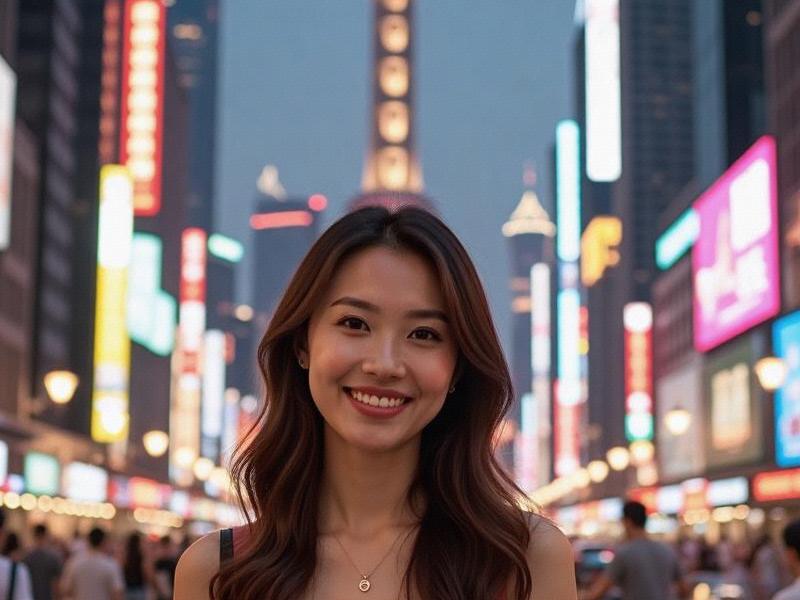
PART 1: HISTORICAL CONTEXT OF SHANGHAI WOMEN
The Treaty Port Legacy (1843-1949):
• Western influence on female education
• Emergence of "Modern Girls" in 1920s-30s
• Women in Shanghai's golden age of cinema
Socialist Transformation (1949-1978):
• Women in the workforce initiatives
• Gender equality policies
• Changing family structures
Reform Era Developments (1978-present):
• Economic opportunities
• International exposure
• Shifting social expectations
PART 2: CONTEMPORARY PORTRAIT
阿拉爱上海 Demographic Profile:
• Education statistics (78% university enrollment)
• Workforce participation (92% employment rate)
• Marriage trends (average age 29.3)
• Fertility choices (1.2 birth rate)
Professional Landscape:
• Entrepreneurship growth (+35% since 2015)
• Corporate leadership representation
• Creative industry dominance
• STEM field participation
PART 3: CULTURAL EXPRESSION
Fashion Identity:
• The "Shanghai Style" evolution
• Local designer collaborations
• Vintage-modern fusion
爱上海419论坛 • Sustainable fashion movements
Beauty Standards:
• Skincare innovations
• Minimalist makeup trends
• Body positivity movements
• Anti-ageing industry
PART 4: SOCIAL DYNAMICS
Work-Life Balance:
• Childcare solutions
• Flexible work arrangements
• Household responsibility sharing
• Leisure time utilization
Social Influence:
• Digital content creation
上海龙凤419 • Community leadership
• Cultural preservation
• Political participation
PART 5: GLOBAL PERSPECTIVE
International Outlook:
• Study abroad patterns
• Cross-cultural relationships
• Overseas career paths
• Global citizenship
Comparative Analysis:
• Contrast with Beijing women
• Comparison with Hong Kong
• International parallels
Conclusion:
Shanghai women represent a unique synthesis of Chinese tradition and global modernity, creating new models of Asian femininity that influence both domestic and international perceptions. Their multidimensional identity continues to evolve alongside the city's rapid development.
